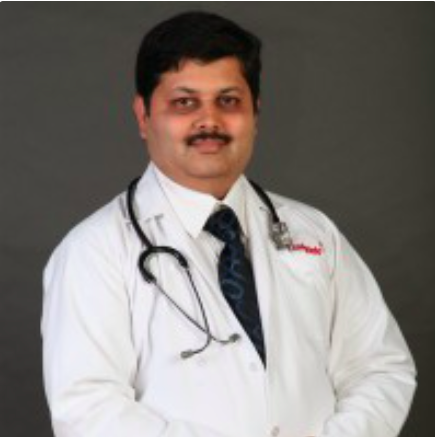Get the App
For Doctors
Login/Sign-up
Last Updated: Jan 10, 2023
BookMark
Report
Abdominal Surgery - Recovery Tips!
Dr. S P SinghGeneral Surgeon • 25 Years Exp.MBBS, DNB - General Surgery, Fellows of The Academy of Medicine, Singapore (FAMS)
Measures to be taken before surgery for fast recovery from Abdominal Surgery.
Ancillary measures
- Take regular walks several times daily to prevent blood clots and help the bowels moving.
- Avoid climbing the stairs every day, at least for the first ten days.
- Avoid strenuous exercise such as lifting, carrying, pulling, or moving heavy objects (more than 5 pounds) until your surgeon advises as it may open the sutures due to pressure. Avoid lifting anything over a certain weight for at least six weeks after your operation.
- Maintaining a good posture will help your wound heal correctly. Use a comfortable pillow while sitting to give rest to the operated site.
- Take good sleep and proper rest for a quick recovery as most of the repair and healing occurs during sleep.
- Avoid straining with bowel movements by eating a high-fiber diet or taking stool softeners to avoid constipation.
- An abdominal binder can also help with the recovery process. These help keep everything in place and can decrease the possibility of a hernia.
- A gradual return to work may be advised because sudden resume to work may cause opening of sutures and delay the process of healing.
- Use table that easily wheels away from the bed but can also straddle the bed. This will allow you to read, use the computer, and eat without putting any pressure on your stomach or twisting around.
- Cough and sneeze carefully by applying pressure to the incision with your hands or a pillow to avoid reopening of the surgical incision.
- Improper dressing or not maintaining hygiene during dressing and keeping dressing unchanged for a longer period of time may lead to infection which may cause delayed healing. Thus, in order to prevent this a gentle wash with soap and water is required to avoid infection.
Dietary measures
- A protein-rich diet should be consumed in order to hasten wound healing.
- Have a liquid diet with lots of vitamins as vitamin C and zinc help with healing. Also, include B12 and Iron – as both aid bone marrow in forming new blood cells.
- Intake of Fiber and probiotics help boost the immune system and also keeps your digestive tract moving along.
- Have plenty of water-this will help the recovery process and removal of toxins from the body.
- Try sitting in the sunlight as it will help with getting some extra Vitamin D.
- Keep control over sugar levels if you are diabetic as increased levels of sugar in the blood helps bacteria to grow rapidly. This will further lead to infection and delay the process of healing.



+1.svg)
